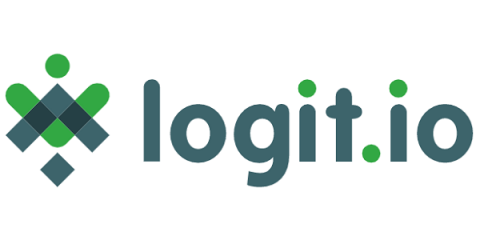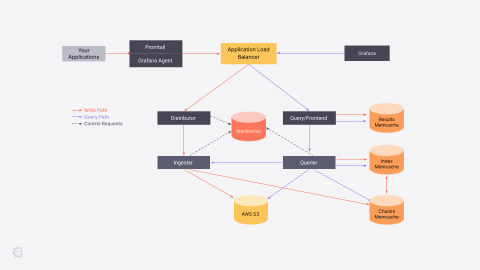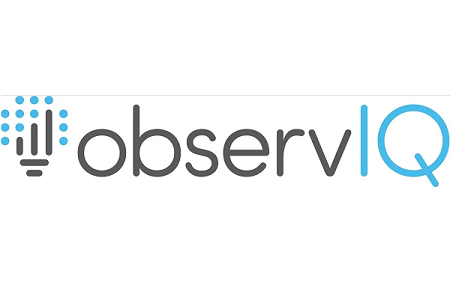The Top 50 ELK Stack & Elasticsearch Interview Questions
If you are a candidate looking for your next role that involves an in-depth knowledge of Elasticsearch and the wider Elastic Stack then you will want to revise beforehand. In this resource guide on the top ELK interview questions, we've listed all of the leading questions that candidates are commonly asked about Elasticsearch, Logstash & Kibana (and their contemporary tools and plugins) alongside the answers. Want to improve your knowledge further?










